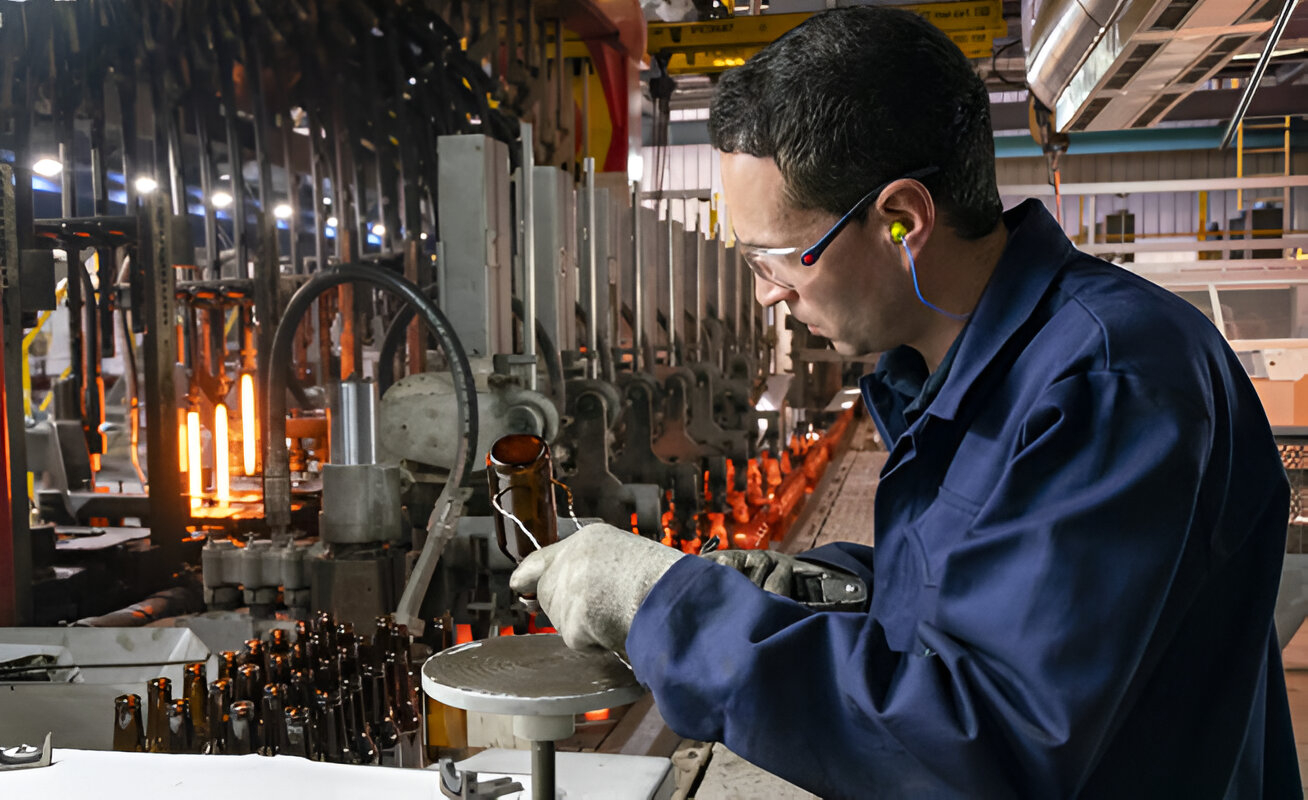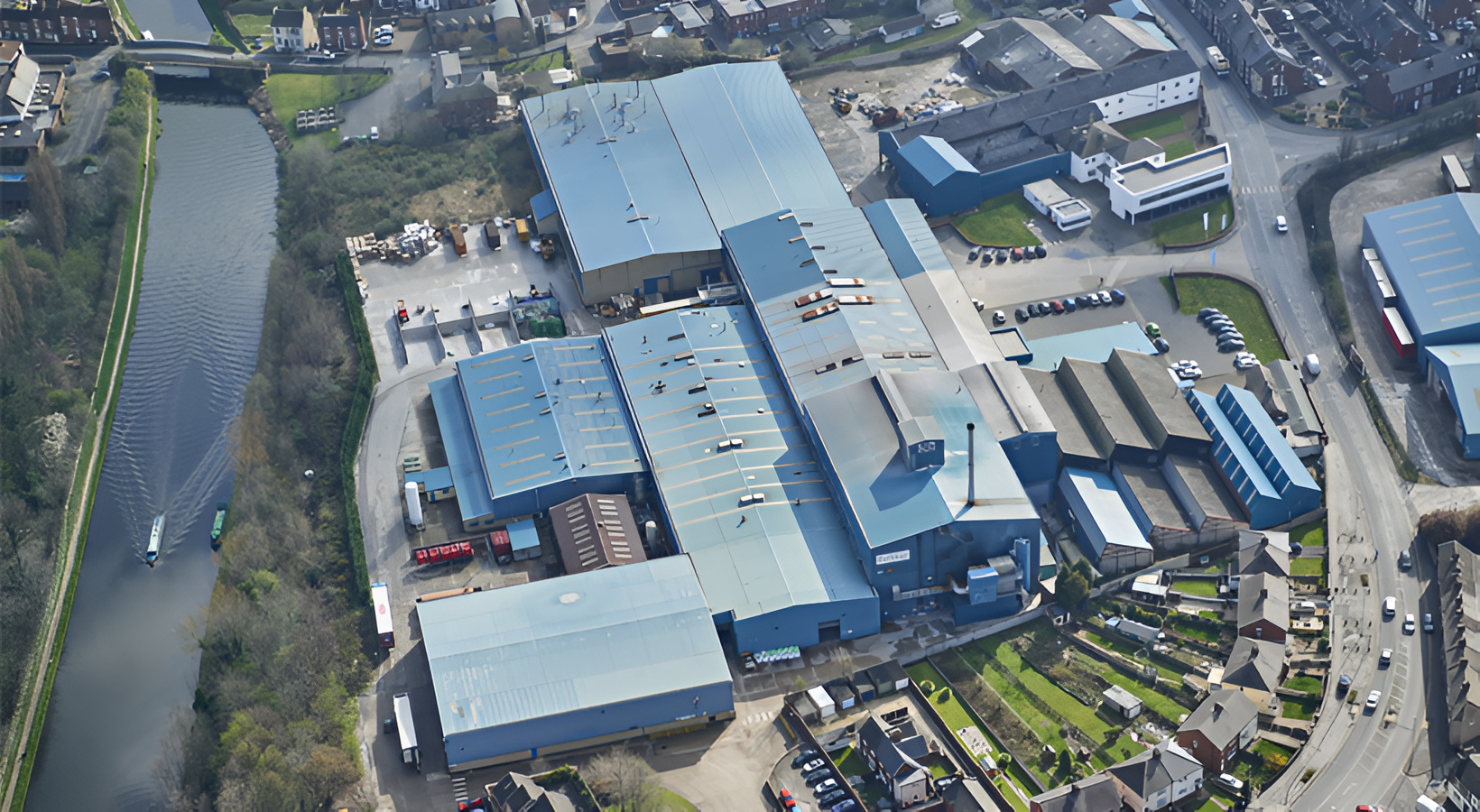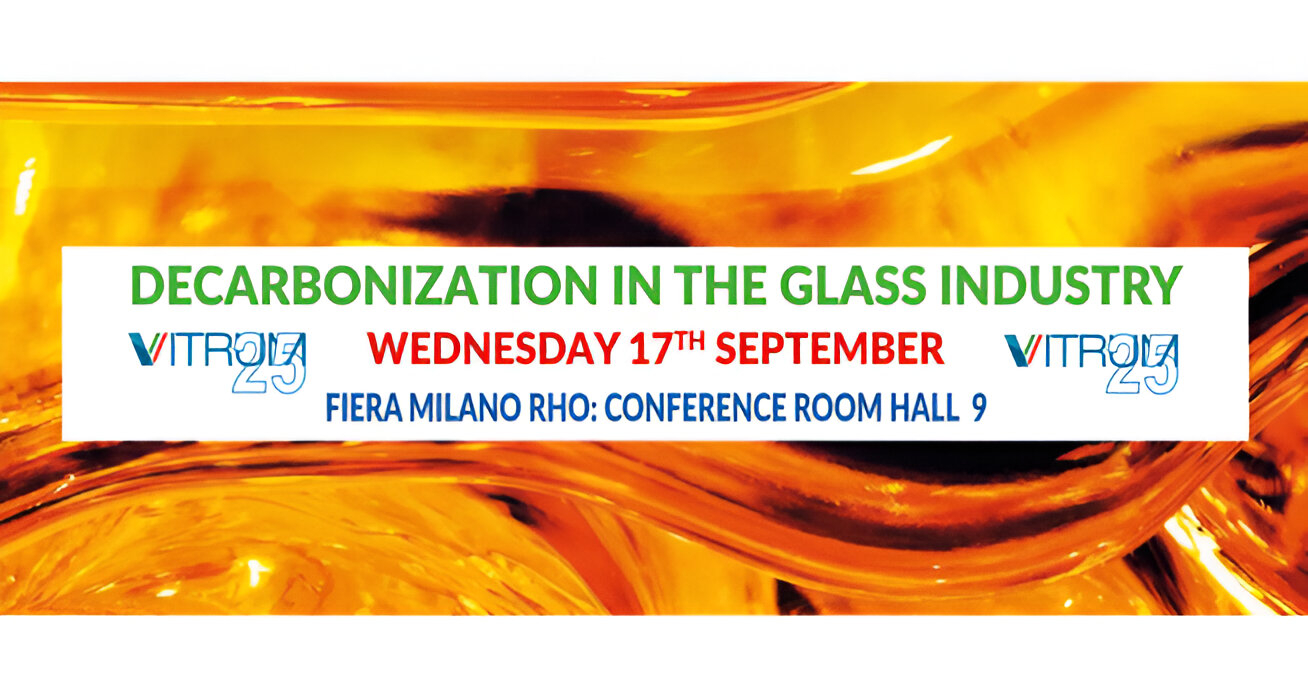A coalition of 15 industrial sectors, including Glass Alliance Europe, has released a joint position paper calling for a pragmatic and competitive revision of the EU Emission Trading Scheme (ETS) beyond 2030. While fully committed to the EU’s climate neutrality target by 2050 and a 55% GHG reduction by 2030, energy-intensive industries (EIIs) stress that decarbonisation cannot occur without essential enabling conditions.
Current ETS projections envision a near-zero emissions cap by 2040, a scenario industrial players argue is unrealistic without access to affordable low-carbon energy sources like hydrogen, clean electricity, and biogas. Combined with underdeveloped infrastructure, this path risks forcing early shutdowns or stalling the very transition it aims to accelerate.
The EIIs are advocating for a revised post-2030 ETS framework that supports industrial resilience. Key recommendations include strengthened carbon leakage protections, realistic decarbonisation timelines aligned with technological readiness, and reformed Market Stability Reserve (MSR) mechanisms. They also call for fair indirect cost compensation, integration of international carbon credits and removal technologies, and increased reinvestment of ETS revenues into industrial decarbonisation.
With these reforms, the EU can maintain its climate leadership while ensuring its industries remain competitive, innovative, and part of a sustainable future.
Source: Glass Alliance Europe with additional information added by Glass Balkan







